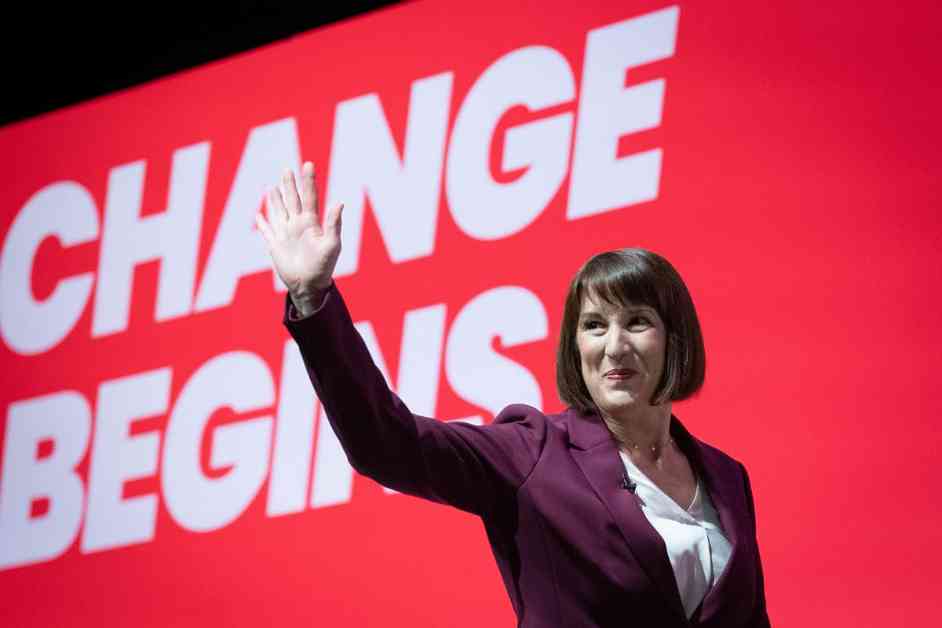Chancellor Rachel Reeves is under fire for her proposal to raise inheritance tax, a move that has sparked backlash and criticism from various quarters. The plan to increase the “death tax,” which currently brings in about £7 billion for the Treasury annually, has drawn sharp criticism from Senior Conservatives and others.
Critics argue that this tax hike would disproportionately impact middle-class homeowners who have saved all their lives to provide an inheritance for their families. Shadow chancellor Jeremy Hunt accused Labour of planning these tax increases for months without being transparent about it during the election campaign. He warned that it would be hardworking individuals who would end up paying the price for these tax rises.
Former Tory leader Sir Iain Duncan-Smith also weighed in on the issue, highlighting how the current inheritance tax threshold of £325,000 is insufficient, especially in regions with high property prices like southern England. He emphasized that this tax increase would penalize ordinary people who have worked hard to build their assets.
While Chancellor Rachel Reeves has not revealed the specifics of her proposed changes to inheritance tax, experts warn that these measures could drag more middle-earners into paying the tax. Currently, only 4% of estates are subject to inheritance tax, but this figure does not account for people trying to reduce their estate or the impact on heirs who may not be wealthy.
As house prices continue to rise, more individuals are being pulled into the inheritance tax bracket, and experts predict that the aging baby boomer generation will exacerbate this trend. Money expert Martin Lewis highlighted the psychological impact of inheritance tax, noting that many more people fear paying it than those who actually end up doing so.
The use of trusts and other tax-saving mechanisms has also come under scrutiny, with concerns raised about potential abuse by wealthy individuals looking to avoid inheritance tax. Former Conservative business secretary Jacob Rees-Mogg emphasized the negative impact of death duties on investment and growth, warning that increasing this tax could hinder economic progress.
In light of the mounting criticism and concerns surrounding the proposed inheritance tax increase, taxpayers and experts are calling on Chancellor Rachel Reeves to reconsider her plans. The freeze on the inheritance tax threshold has already resulted in more estates being subject to this tax, leaving grieving families with substantial tax bills at a challenging time.
As the debate over inheritance tax continues to unfold, it remains to be seen how Chancellor Rachel Reeves will address the growing opposition to her proposed tax hike. The implications of these changes on middle-class homeowners, families, and the broader economy are central to the ongoing discussions surrounding this contentious issue.












